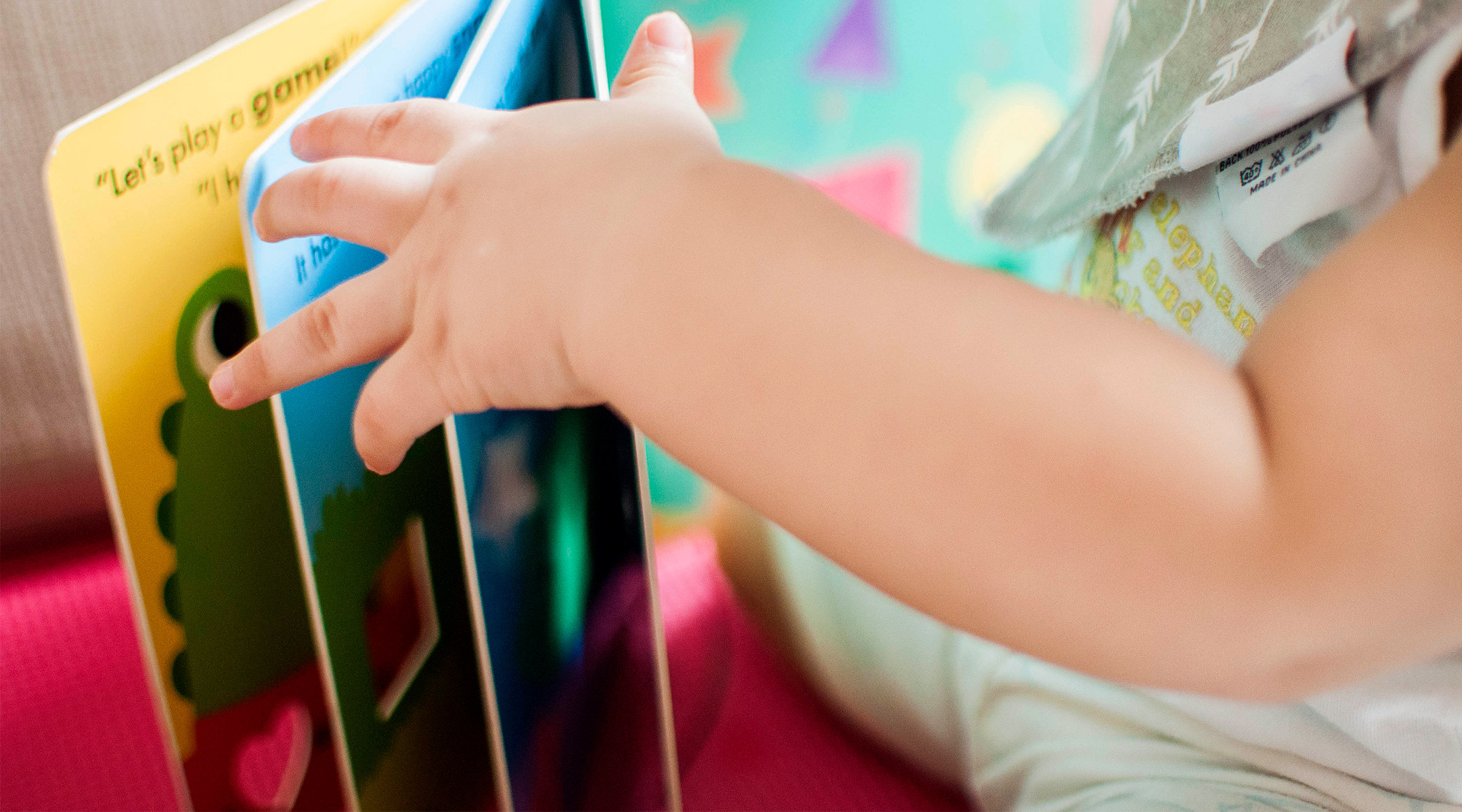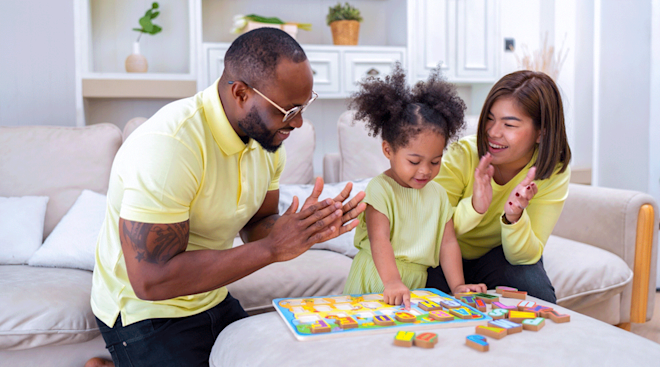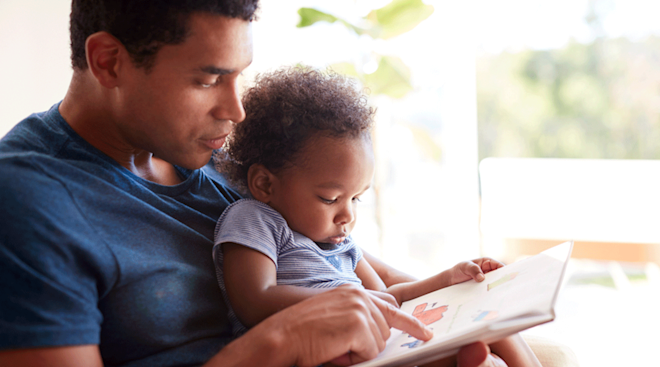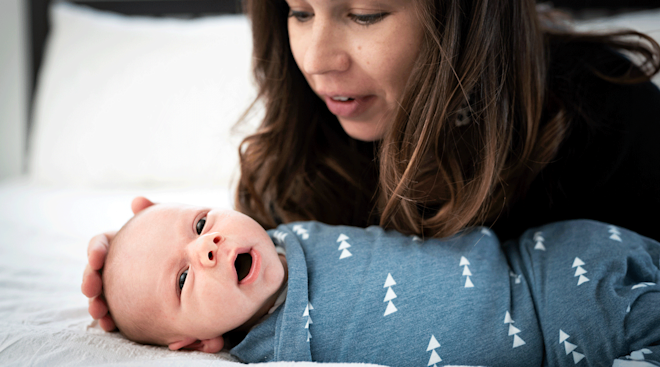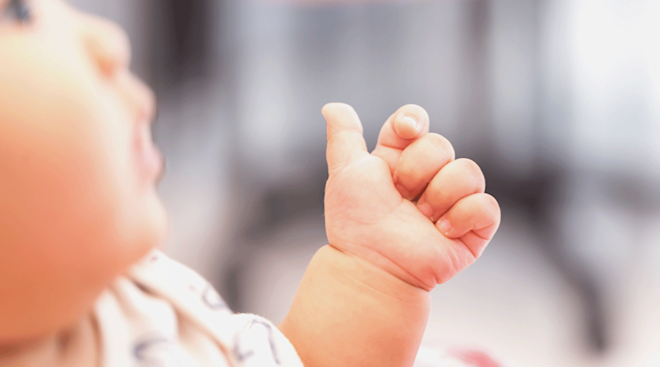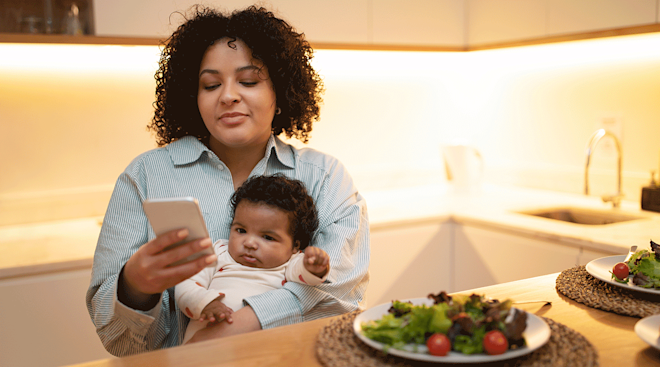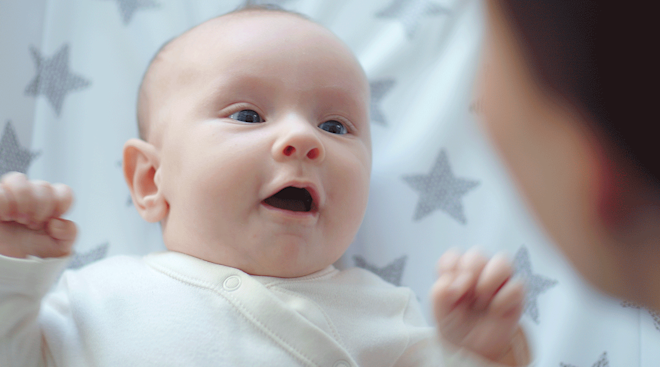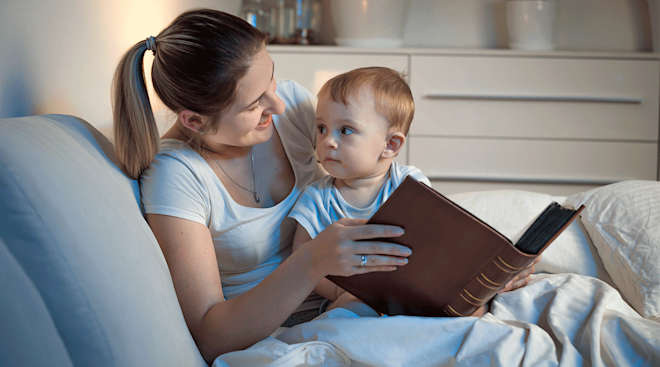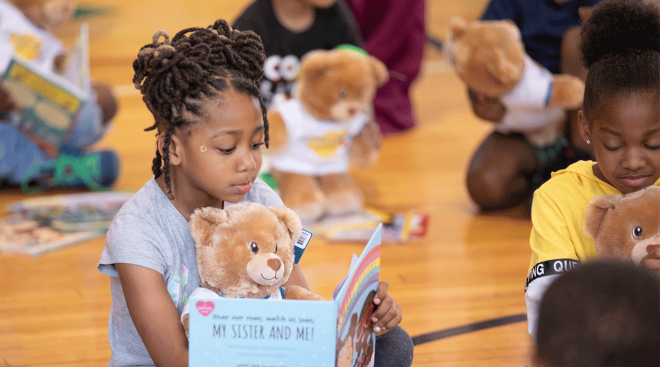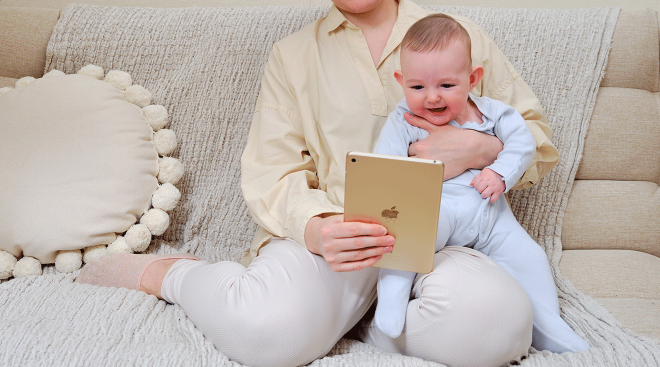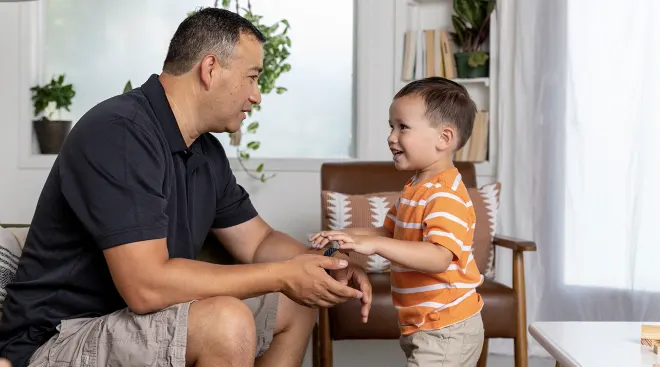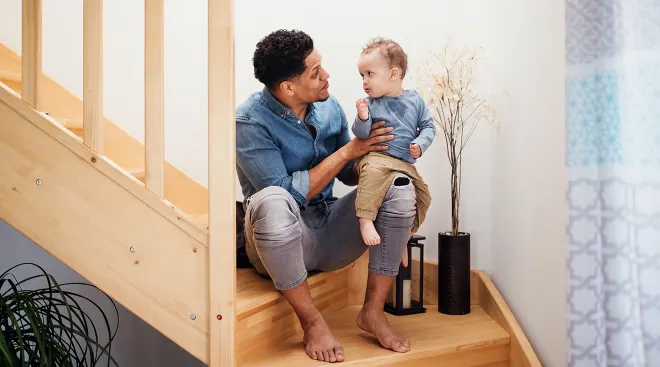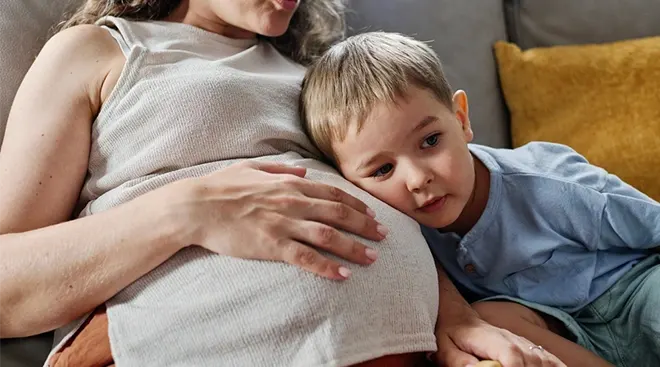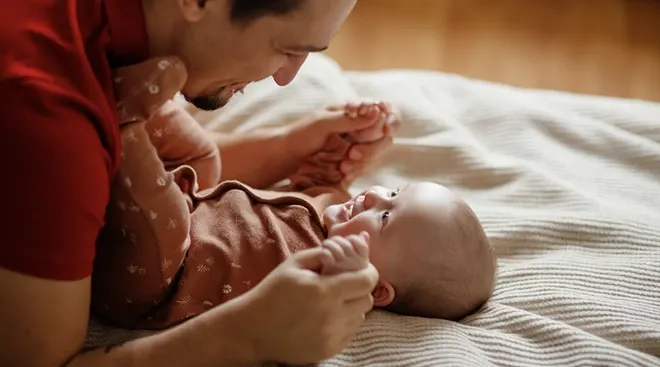Kids Who Are Read to Before Kindergarten Know 1 Million More Words Than Peers
Kids whose parents read them five books a day go into kindergarten having heard about 1.4 million more words than kids who were never read to, a study finds. The Ohio State University says this “million word gap” could be key in explaining differences in vocabulary and reading development.
Researchers were interested in finding out more on the topic based off of previous studies, which say about 25 percent of children are never read to, and another 25 percent are only read to on rare occasions. Their findings go to show you how beneficial daily storytime is for children. Even kids who are read only one book a day will still hear about 290,000 more words by the time they are 5 years old than those who aren’t read to at home.
“Kids who hear more vocabulary words are going to be better prepared to see those words in print when they enter school,” says lead study author Jessica Logan. "They are likely to pick up reading skills more quickly and easily.”
The researchers collaborated with the Columbus Metropolitan Library, which identified the 100 most circulated books for both board books, which target infants and toddlers, and picture books, which are meant for preschoolers. They randomly selected 30 books from both lists and counted how many words were in each book. They found that board books contained about 140 words, and picture books contained an average of 228 words. They then calculated how many words a child would hear from birth through 5 years old at the different levels of reading. Based off of those calculations, here’s how many words they say kids would hear by the time they turn 5:
- Never read to: 4,662 words
- Read to 1 to 2 times a week: 63,570 words
- Read to 3 to 5 times a week: 169,520 words
- Read to daily: 296,660 words
- Read 5 books a day: 1,483,300 words
“The word gap of more than 1 million words between children raised in a literacy-rich environment and those who were never read to is striking,” says Logan.
Plus, it’s not just the words kids hear during storytime. Parents usually talk to their kids about the book they’re reading, or add their own details to the story. This added talk reinforces new vocabulary words and may introduce even more words.
Reading with your children is a cherished pastime for a reason. Not only does it promote togetherness, but it teaches kids important skills they’ll use later in life. And if you’re really striving for the best results, researchers say to skip the e-books and stick to print books when you’re snuggling up for a bedtime story.
Please note: The Bump and the materials and information it contains are not intended to, and do not constitute, medical or other health advice or diagnosis and should not be used as such. You should always consult with a qualified physician or health professional about your specific circumstances.
Navigate forward to interact with the calendar and select a date. Press the question mark key to get the keyboard shortcuts for changing dates.
































